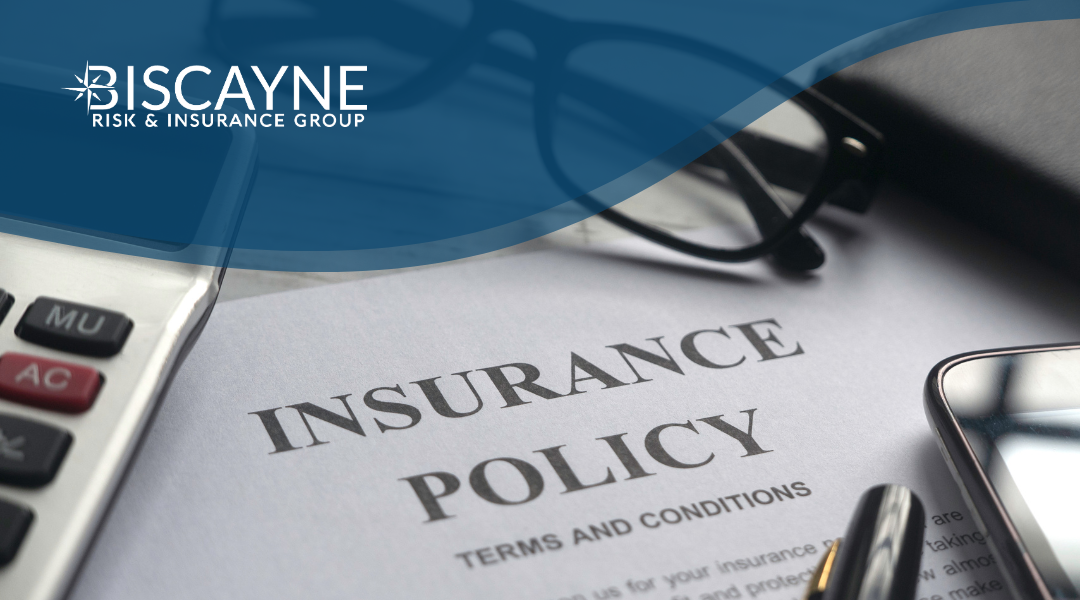When you list a person or organization as an additional insured it doesn’t alter the coverage provided from the insurance policy. However, it grants the additional insured party protection from liabilities that the policyholder may be subject to. You might see this happen when a company starts doing business with a new customer. The new customer may ask the company to list them as an additional insured to cover any liabilities that may come from their dealings such as re-selling their products or using their contracting services.
There are also instances where a claim can be shifted from an additional insured party to the policyholder. For example, ABC Contracting has been hired as a contractor for a project for XYZ Building Owner. Before the project begins, XYZ Building Owner requires ABC Contractor to add them as additional insured on their general liability insurance policy. During construction a neighbor’s property is damaged and the neighbor is also injured during the incident. The neighbor may file a claim against the property owner. An investigation begins and it is found that the fault falls under the contractor, so the Additional Insured status allows the building owner to pass along the claim to the contractor. The claim shifted to Company A because of their actions. The additional insured is not always responsible for the claim.
Ongoing vs. Completed Operations
When looking into additional insured status, you may come across requests for ongoing and completed operations. This is a specific aspect of insurance coverage relating to general liability insurance for construction and contracting industries.
Ongoing Operations
When a party is named as an additional insured for ongoing operations, it means they are given coverage for liabilities and claims that may come about from the work or actions of the primary policyholder. This only pertains to the time period during an active project or operation. It can remain in effect until the project is completed.
Completed Operations
Similarly, when a party is listed as an additional insured for completed operations, it provides protection for a party once the work has been finished. This coverage kicks in after a project is completed, handed over, or delivered to the client.
For example, let’s say the building constructed by Company B has some structural issues that end up causing property damage or injury after the project has been completed, Company A would be covered as an additional insured under Contractor B’s policy for completed operations.
Having these policies in place allow parties to extend insurance coverage to stakeholders who may need protection from liabilities during or after a project. Some businesses look at it as a way to share risks and promote a more secure and collaborative business relationship.
Why Additional Insured Status is Needed
There are several reasons why an additional insured endorsement may be necessary for businesses. The main reason is to protect the parties involved in a business arrangement.
Risks
When you add another party as an additional insured, the policyholder is extending its insurance coverage to that additional party. This reduces the financial risks associated with potential claims or lawsuits. Essentially, it provides protection for both parties.
Contracts
When businesses enter into contractual agreements, especially between bigger companies and smaller ones, the larger business may ask the smaller company to add them as an additional insured. This is done in case the smaller business deals with liabilities that could harm the larger company.
Legal
Some businesses may have opportunities to work with government agencies, which have very strict regulations or contractual obligations that may require the business to list other parties as an additional insured.
Relationships
Companies may list other companies as an additional insured when they are entering into a working relationship. It shows that there is trust, protection, and collaboration between the two entities. It allows both parties to share potential risks and liabilities.
Biscayne Risk & Insurance: Protecting Your Business Interests
We understand that doing business can come with certain risks. A better understanding of Additional Insured status can help you as the insured party or the party requesting additional insured status. Contact us to learn more about additional insured status and how writing a policy with appropriate endorsements can help facilitate your business’ growth.

